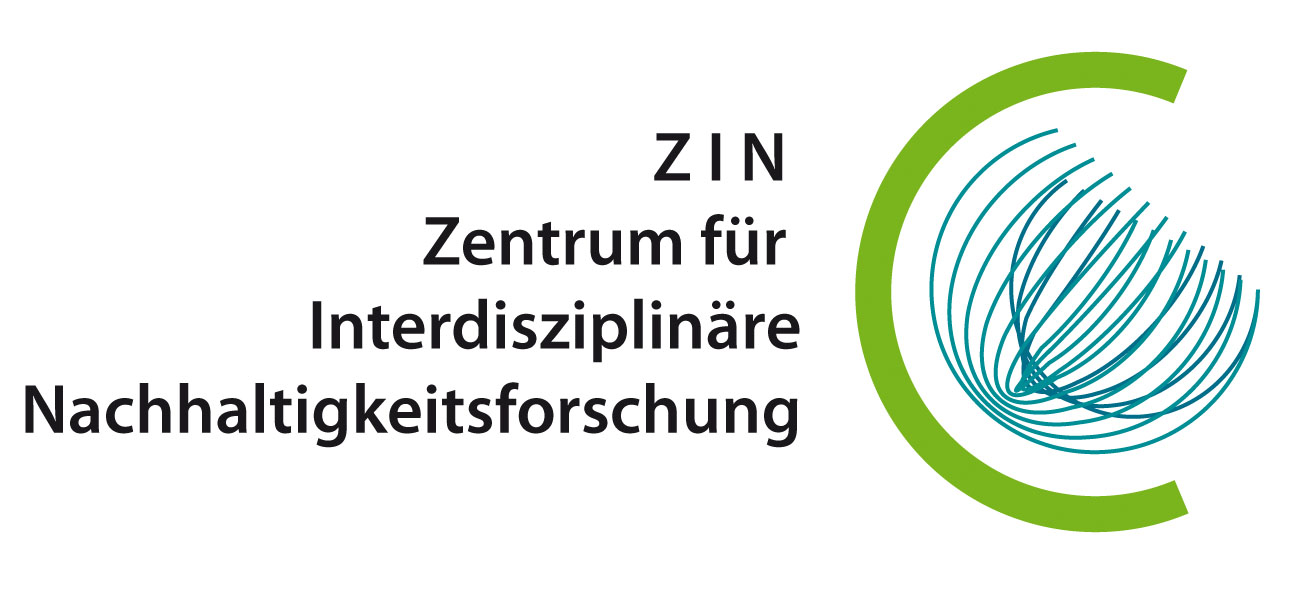“Performing „Green Europe“? A Narrative Analysis of European Fisheries Policy“
For a long time, the EU Common Fisheries Policy (CFP) failed to address the goal of a sustainable management of european and global fisheries. However, the reform of 2013/2014 seemed to represent a turning point, introducing among others a maximum sustainable yield aim and the prohibition of controversial fishing practices.
Even if a final evaluation of the reform’s actual effects is still to be expected, its origins can already be examined: Stephan Engelkamp and ZIN-spokeswoman Doris Fuchs conducted a discourse analysis in order to identify the factors leading to the formulation of the CFP-reform. The recently published Sustainable Governance Discussion Paper 01/2016 “Performing “Green Europe”? A Narrative Analysis of European Fisheries Policy” presents their findings: The authors show that changes of institutional structures, specific constellations of non-state actors and particular discursive strategies paved the way for the CFP-reform. They emphasize two factors: the strengthened role of the European Parliament and the increased access opportunities granted to environmental NGOs, who managed – contrary to the actors of the fisheries sector – to build a coalition and to apply extremely effective discursive strategies.
Although the paper cannot make any statements concerning the actual consequences of the CFP reform yet, it contributes to an analysis of the reform’s political relevance for sustainable environmental governance.
[Source: Engelkamp Stephan, Fuchs Doris. 2016. ‘Performing ‚Green Europe‘? A Narrative Analysis of European Fisheries Policy.’Contributed to the Sustainable Governance Discussion Paper 01/2016, Münster.]

